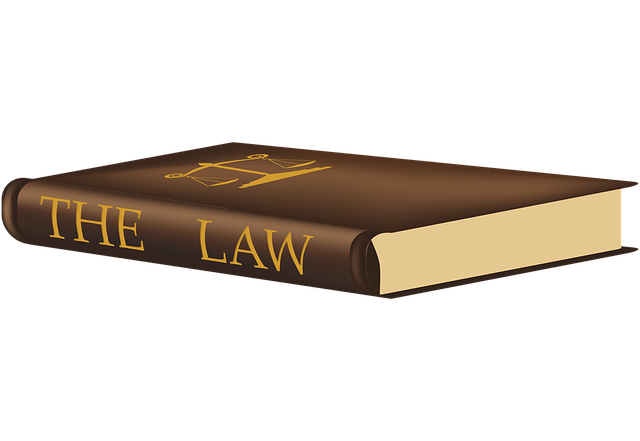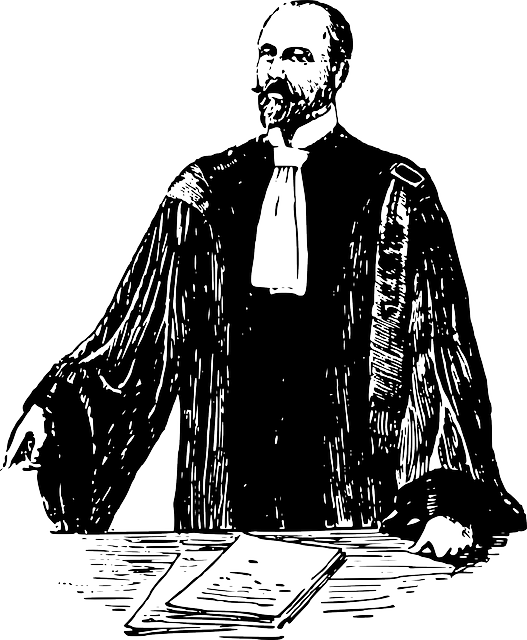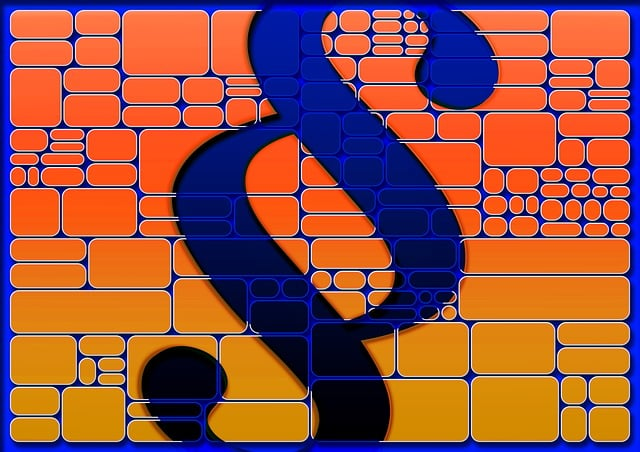Public corruption charges, including bribery and abuse of office, have severe societal impacts, eroding trust and hindering economic growth. Prosecutorial misconduct and ethical violations by authority figures create an environment of unfairness, undermining the justice system and citizen trust. Effective policies promoting transparency require addressing these issues to ensure fairness in legal proceedings, protect against misconduct, and maintain public integrity. Specialized white-collar defense attorneys are crucial in uncovering ethical violations and guiding individuals through investigations while preventing unfair treatment.
Public corruption charges have far-reaching impacts on society, undermining trust in institutions. Understanding these charges, especially those involving prosecutorial misconduct and ethical violations, is crucial for navigating justice systems. This article delves into the complex landscape of public corruption, exploring its definition, consequences, and the legal avenues available to address ethical breaches by prosecutors. By examining these issues, we aim to shed light on promoting transparency and upholding the integrity of legal processes.
- Understanding Public Corruption Charges: Definition and Impacts
- Prosecutorial Misconduct: Ethical Boundaries and Consequences
- Uncovering Ethical Violations: Evidence and Legal Recourse
Understanding Public Corruption Charges: Definition and Impacts

Public Corruption Charges refer to allegations of unethical behavior by public officials or individuals in positions of power. This includes acts such as bribery, fraud, and abuse of office for personal gain. These charges have significant impacts on society, undermining public trust, disrupting the rule of law, and damaging the economy. Public corruption not only hampers the efficient functioning of institutions but also stifles investment and entrepreneurship across the country.
When individuals in positions of authority engage in prosecutorial misconduct or ethical violations, it leads to an unprecedented track record of unfair treatment and undermines the integrity of the justice system. This can result in a climate of fear and mistrust among citizens, who may hesitate to participate in democratic processes or report crimes out of concern for retaliation. Understanding these dynamics is crucial in crafting effective policies to combat corruption and ensure that public officials uphold their duties with honesty and transparency, promoting a just and prosperous respective business environment.
Prosecutorial Misconduct: Ethical Boundaries and Consequences

In the realm of public corruption charges, prosecutorial misconduct represents a significant concern that undermines the integrity of legal proceedings. Ethical violations by prosecutors can have severe consequences for both white-collar and economic crimes cases, casting doubt on the justice system’s fairness and transparency. This issue arises when prosecutors cross professional boundaries, engaging in behaviors that favor corporate or individual clients over the pursuit of truth and justice. Such misconduct may include selective disclosure of evidence, unjustified intimidation of witnesses, or even fabricating claims to secure convictions.
The impact of prosecutorial misconduct extends beyond individual cases, eroding public trust in the legal system. In high-stakes cases involving complex economic crimes, where corporate and individual clients are implicated, ethical violations can skew the balance of power, influencing outcomes and undermining the integrity of investigations. Consequently, victims may lose faith in the justice system’s ability to deliver unbiased results, hindering future collaborations and efforts to combat corruption.
Uncovering Ethical Violations: Evidence and Legal Recourse

Uncovering ethical violations requires a meticulous approach, especially when dealing with complex cases of public corruption. Evidence plays a pivotal role in such investigations, as it provides the foundation for legal proceedings against individuals accused of misconduct. This includes examining financial records, digital communications, and witness testimonies to build a compelling case. However, navigating these intricate matters demands expertise; thus, many turn to specialized white collar defense attorneys who can guide them through all stages of the investigative and enforcement process.
The legal system offers recourse for addressing prosecutorial misconduct, ensuring fairness in the pursuit of justice. When evidence is mishandled or obtained illegally, it may lead to the dismissal of charges or a retrial. This safeguards the rights of the accused, fostering a more robust and ethical approach to law enforcement. It’s crucial that investigators and prosecutors adhere to strict protocols to maintain integrity throughout, protecting both the innocent and guilty from unfair treatment.
Public corruption charges, rooted in Prosecutorial Misconduct and Ethical Violations, can significantly erode public trust. By understanding these issues and their impacts, we can foster a more transparent and accountable legal system. It’s crucial to recognize when evidence points towards unethical behavior, ensuring that justice is served without bias or favoritism. Strengthening oversight and promoting transparency are key steps in navigating these complexities and upholding the integrity of our legal institutions.






